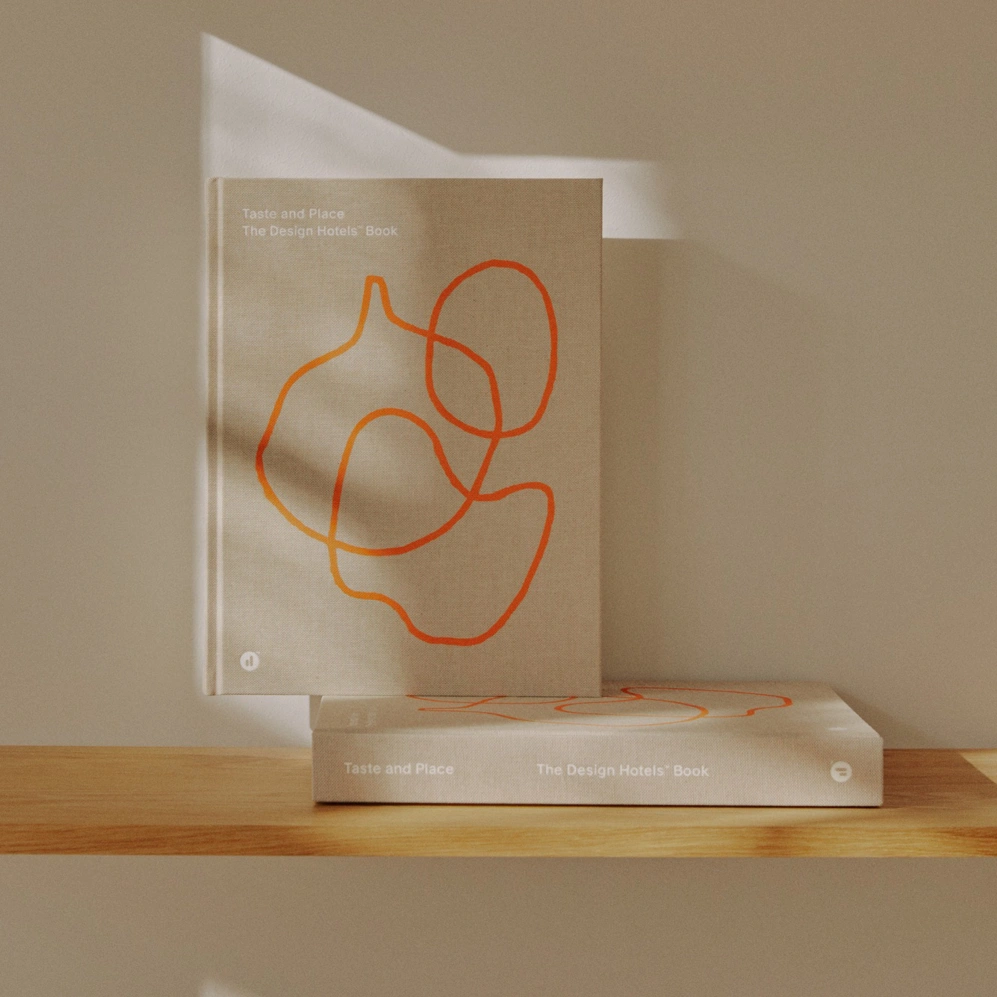
If a hotel is our first port of call in a destination—where we encounter people and culture firsthand—then food is our first step on dry land, instantly grounding ourselves in that place. As Gisela Williams muses in the “Island Ways” chapter, “when you eat local cuisine made with local products, I think that you understand the way of life of the local people.”
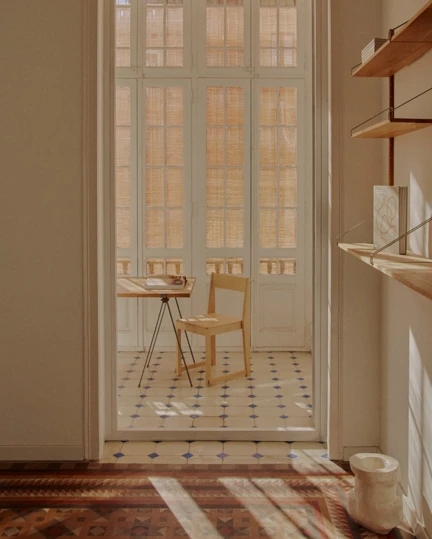
How fortuitous that our first lesson is so simple: the bright, sunshiny taste of a still-warm tomato, the wine sipped as the fading light washes the vines in gold. As our friends back home will attest, these are the stories that stay with us long after we’ve left.
The visceral, memory-making power of food is enhanced the more we understand the systems that created it. “Being served by the same hands that took the time to grow, prepare, or preserve the flavorsome components of a meal introduces an element of care,” Carla Bragagnini tells us in “Homegrown,” where she explores how homemade, hyperlocal food leads to more more sustainable systems and greater well-being.
Carla Bragagnini, “Homegrown”
Take a closer look and you’ll find that food illuminates the wonderful relationships between people, places, and produce that are at the beating heart of purposeful travel. To bring these ideas to life, we have called upon leading writers, photographers, creative chefs, and culinary innovators to delve into the forward-looking ideas and inspiring practices of our hotels, destinations, and larger community.
In Taste and Place: The Design Hotels Book, the path through the chapters is designed to be a cyclical one of nourishment and renewal, from the terrain of Swiss and Japanese mountains and valleys, via the ancient island of Crete, Umbrian olive groves, and the Oaxacan coast. We land in Jamaica at Rockhouse Hotel, a property that embodies “big-picture thinking: widening the beam of focus and understanding that if you pull on one string, you move all the others,” Sophie and Orlando Lovell explain.
Gisela Williams, Island Ways
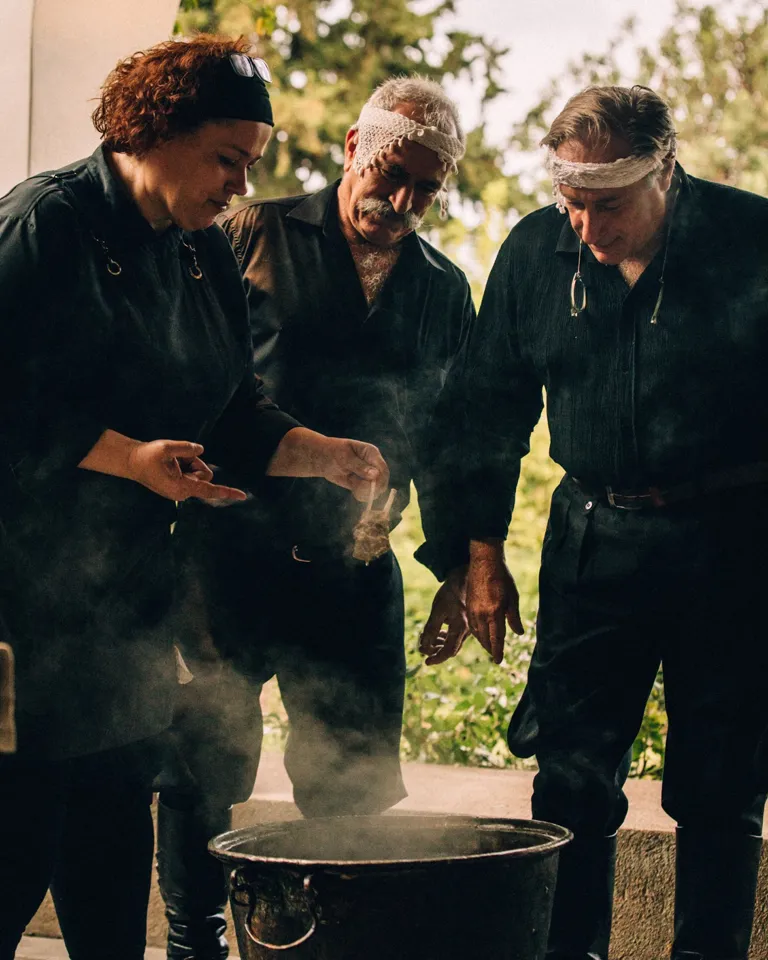
A “taste of place” is about understanding a location as expressed through its people, place, and produce.

Along the way, we spend time getting to know the young, vibrant team at Bursa Hotel in Kyiv, who perfectly exemplifies kitchen camaraderie. It is with heavy hearts that we share their story as the war continues in Ukraine. Bursa Hotel has been forced to close its doors for now, but the team is safe and has given us their approval to go ahead with the book release. As a sign of our support, we pledge to donate this year’s online sale profits to humanitarian aid actions suggested by our two Ukrainian member hotels. We look forward to the day we can sit around the table and learn from them again.
Jake Potashnick, “Kitchen Spirit”
As we look ahead, seeking ways to transition from a high-carbon to a low-carbon world, we find that the ecosystem of a hotel seen through the lens of food provides a perfect microcosm to better understand bigger system changes. With this rather special book, we at Design Hotels reflect on what we can bring to these shifts in terms of the hospitality we support and want to see in the future.
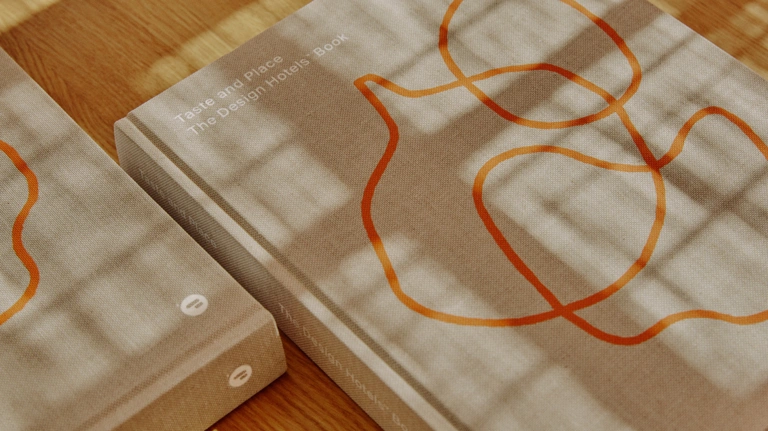
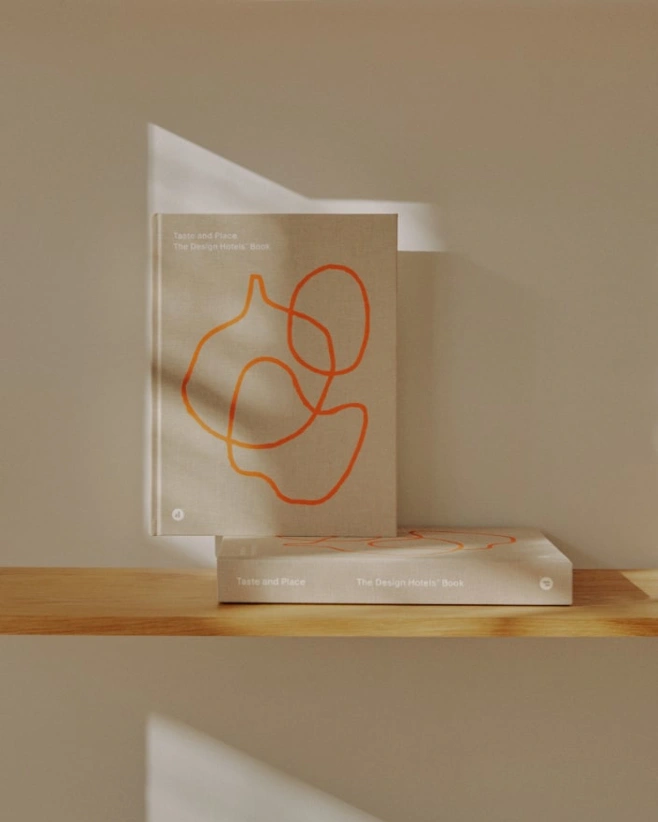
Taste and Place: The Design Hotels Book is a broad and inclusive exploration of food, an integral part of purposeful travel. In our most ambitious book yet, we have called upon leading writers, photographers, creative chefs, and culinary innovators to delve into forward-looking ideas and inspiring practices around food through our hotels, destinations, and larger community.